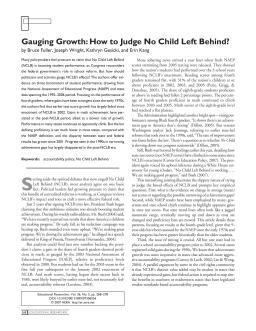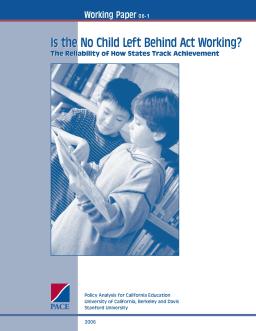Erin Kang

Erin Kang is an assistant professor with the Psychology Department in the College of Humanities and Social Sciences at Montclair State University. Her research focuses on integrating science and practice by understanding processes that shape clinical presentations in autism spectrum disorder (ASD), investigating neural mechanisms of clinical phenotypes and plasticity in ASD, and applying these insights to evidence-based interventions. Her work incorporates contemporary analytic methodologies, including advanced quantitative methods and neuroscience. She has received several awards, including the INSAR Slifka/Ritvo Innovation in Autism Research Award, SRCD Small Grants Program for Early Career Investigators, Brain & Behavior Research Foundation Young Investigator Grant, and the Department of Defense CDMRP Autism Research Program Career Development Award. She was recognized in Spectrum's "40 Under 40" list of young researchers advancing autism science globally. She leads the Autism and Neurodevelopment Lab at Montclair State University, focusing on improving social functioning and well-being in autistic and non-autistic individuals. Kang earned a BA in psychology and molecular and cell biology from the University of California, Berkeley, an MA in clinical psychology from Stony Brook University, and a PhD in clinical psychology with an advanced graduate certificate in quantitative methods from Stony Brook University.
updated 2025





